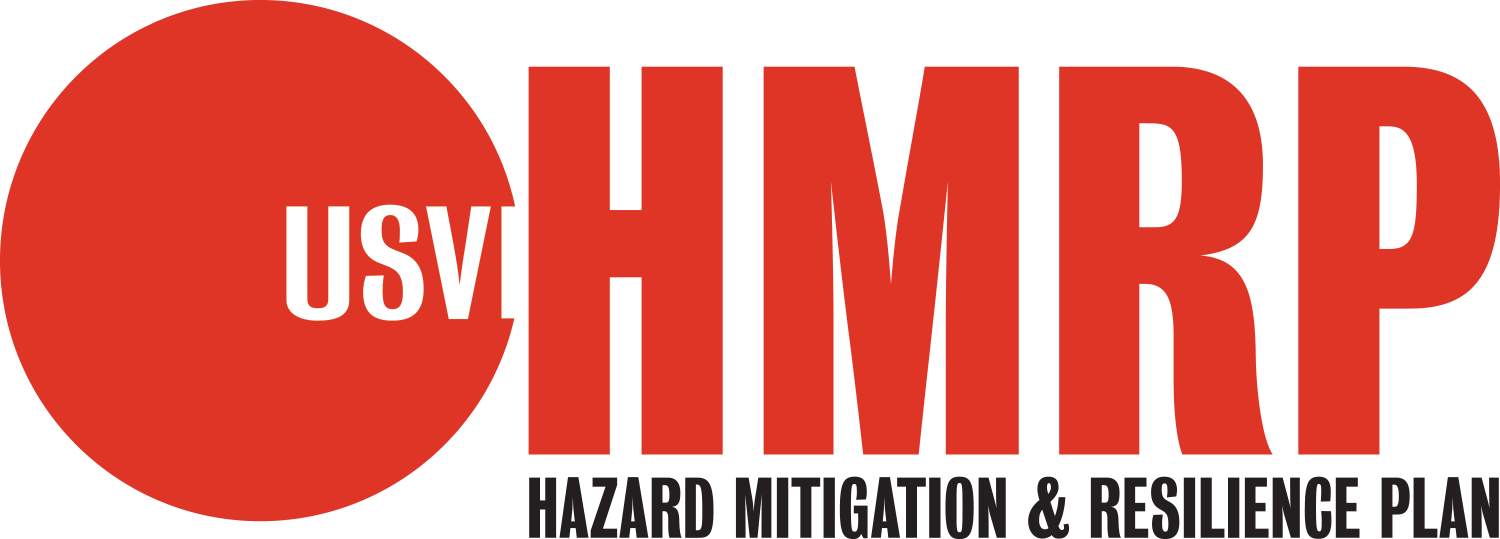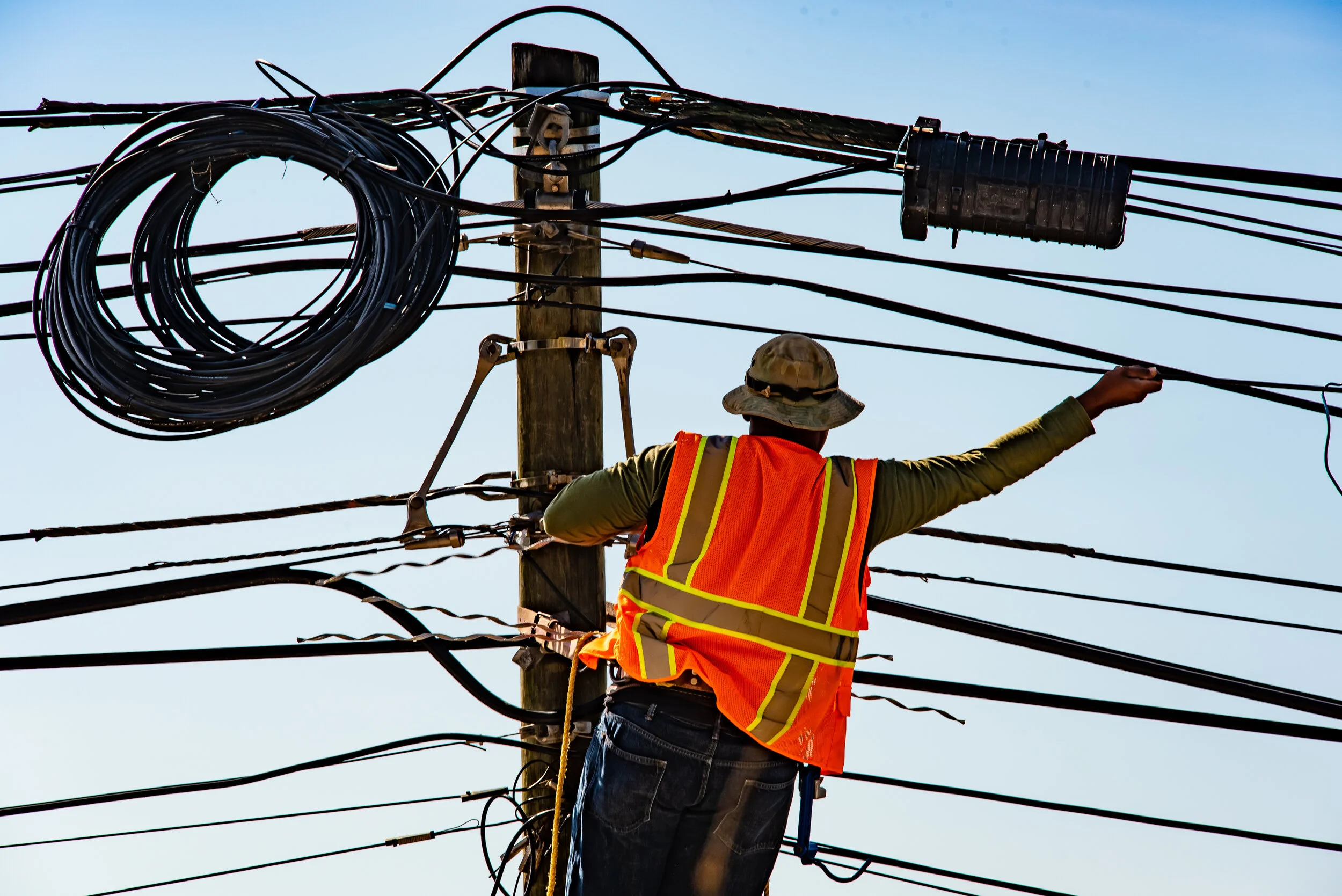Resilience
Resilience planning is an emerging and far-reaching concept, with various approaches for appropriately integrating resilience into community planning and land use. Resilience planning goes beyond traditional hazard mitigation or emergency management. It encompasses our ability to prepare & plan for, absorb & recover from or adapt to actual or potential adverse events. Resilience addresses underlying conditions that make a community and its systems unable to rebound. The key takeaway is efficient operations lead to more resilient systems and faster recovery.
What Does Resilience Look Like?
A well-crafted resilience plan provides the community with an understanding of policies, programs and other actions that can be taken across many sectors to improve a community’s resilience to hazards or changing conditions. Planning for resilience now can reduce future disaster-related response and recovery costs and improve recovery time following natural or human-caused hazard events.
Planning for resilience empowers diverse stakeholders to evaluate plans, set strategic policies, and implement projects that will enable communities to adapt and thrive when faced with challenges. Natural and human-caused hazards constitute some of the acute “shocks” to which a community can be vulnerable. Other disruptive threats include longer-term societal “stresses”, such as unemployment, poor access or barriers to education, crime, or homelessness. Resilience planning can include updating land use codes, zoning, development standards, incentive programs, and other plans or policies to better prepare for likely shocks and stresses while also developing measures that allow for action in the face of uncertainty or unexpected events.
Our motto throughout the planning process is “Resilience is not what you have, it’s what you do. Resilience is planning for tomorrow, today.” The concept of resilience has guided our activities, our research, our understanding. It is the lens for the planning process!












